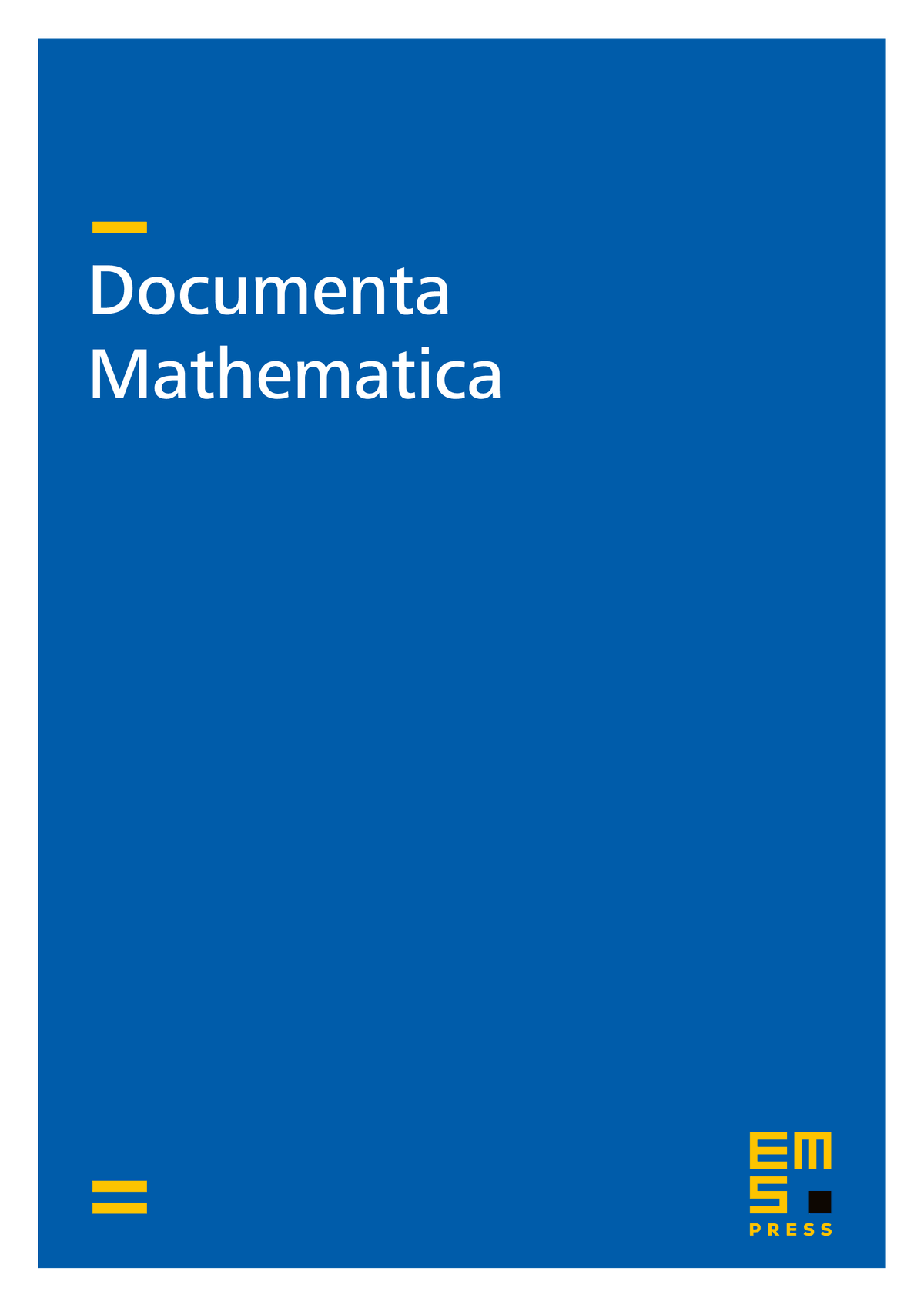On the Fibres of Mishchenko-Fomenko Systems
Peter Crooks
Department of Mathematics, Northeastern University, 360 Huntington Avenue, Boston, MA 02115, USAMarkus Röser
Fachbereich Mathematik, Universität Hamburg, 20146 Hamburg, Germany

Abstract
This work is concerned with Mishchenko and Fomenko's celebrated theory of completely integrable systems on a complex semisimple Lie algebra . Their theory associates a maximal Poisson-commutative subalgebra of to each regular element , and one can assemble free generators of this subalgebra into a moment map . This leads one to pose basic structural questions about and its fibres, e.g. questions concerning the singular points and irreducible components of such fibres.
We examine the structure of fibres in Mishchenko-Fomenko systems, building on the foundation laid by Bolsinov, Charbonnel-Moreau, Moreau, and others. This includes proving that the critical values of have codimension or in , and that each codimension is achievable in examples. Our results on singularities make use of a subalgebra , defined to be the intersection of all Borel subalgebras of containing . In the case of a non-nilpotent and an element , we prove the following: lies in the singular locus of , and the fibres through points in form a -dimensional family of singular fibres. We next consider the irreducible components of our fibres, giving a systematic way to construct many components via Mishchenko-Fomenko systems on Levi subalgebras . In addition, we obtain concrete results on irreducible components that do not arise from the aforementioned construction. Our final main result is a recursive formula for the number of irreducible components in , and it generalizes a result of Charbonnel-Moreau. Illustrative examples are included at the end of this paper.
Cite this article
Peter Crooks, Markus Röser, On the Fibres of Mishchenko-Fomenko Systems. Doc. Math. 25 (2020), pp. 1195–1239
DOI 10.4171/DM/774